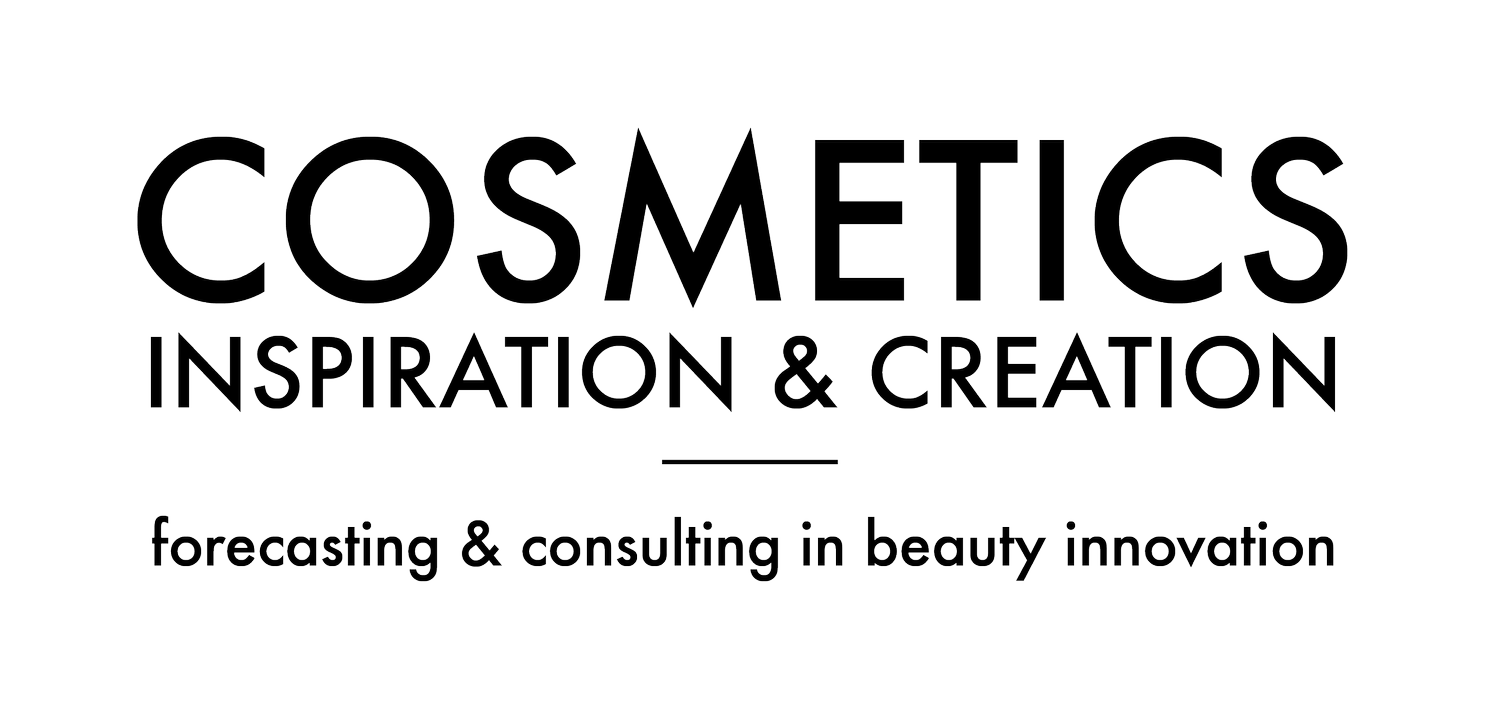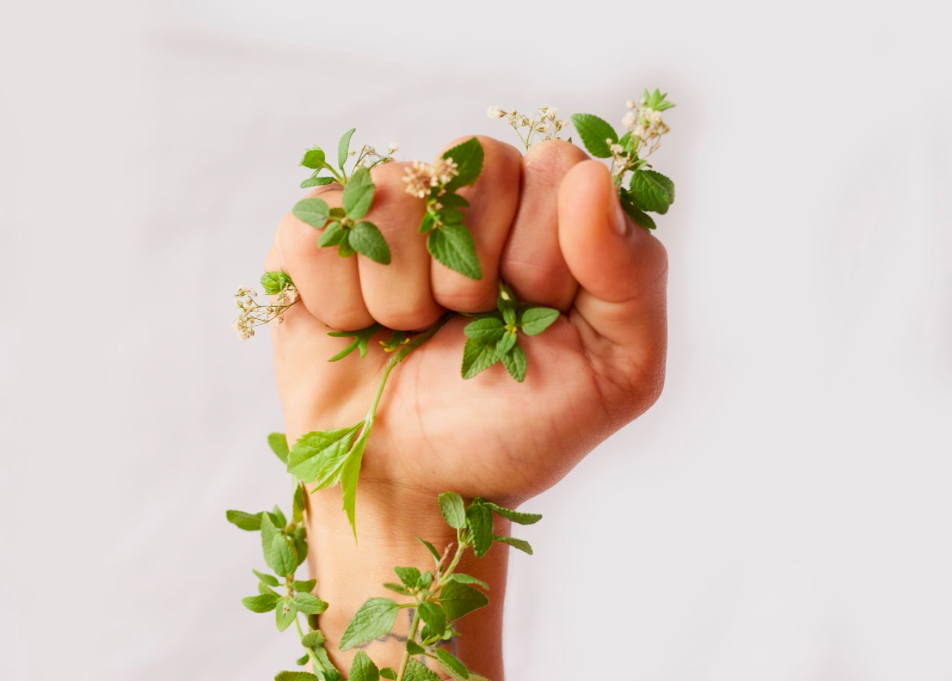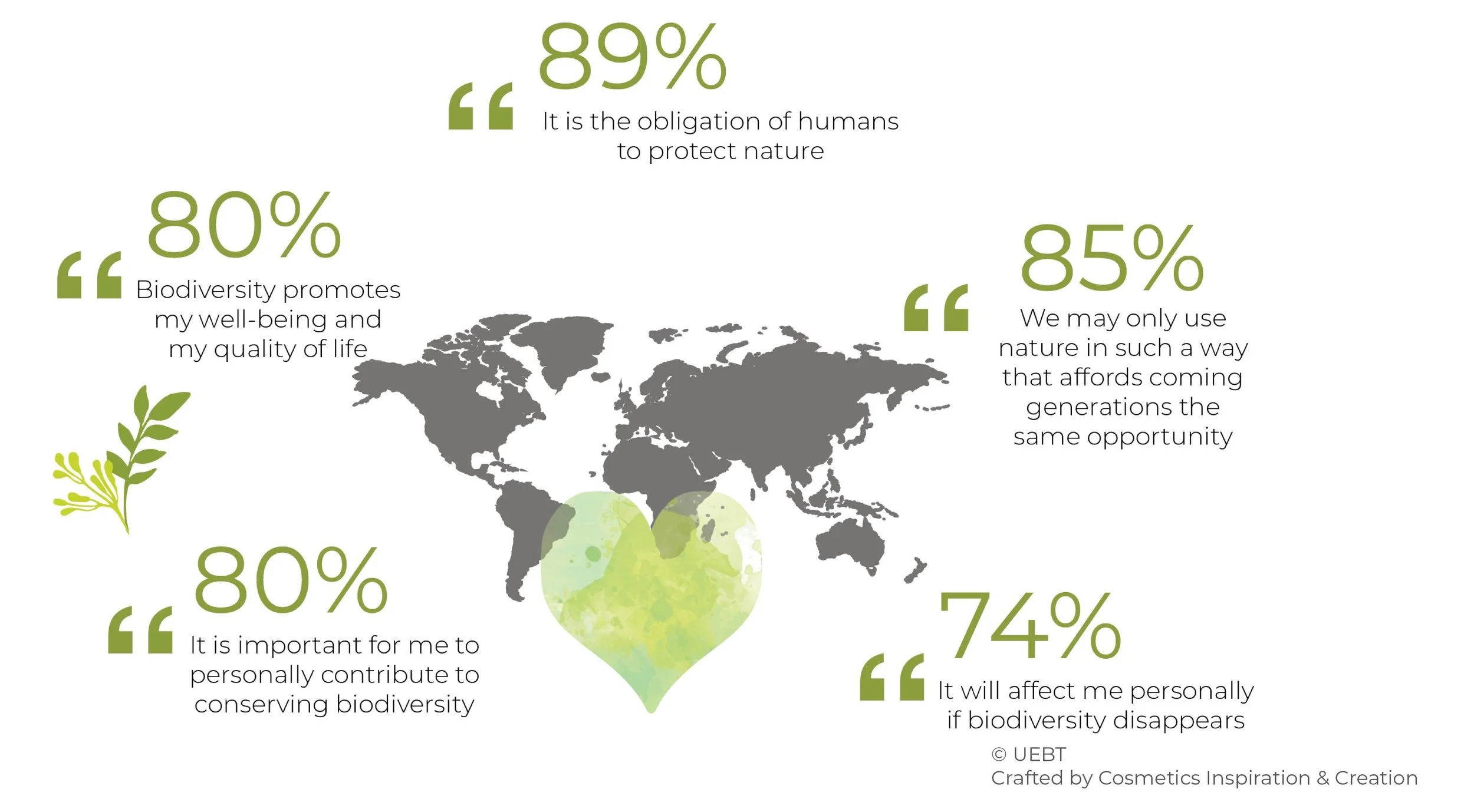Source: Cho Gi Seok 조기석 / @chogiseok
Hit by the pandemic at an early stage, it did not take long for South Korea to react with creative resilience. With its legendary spirit of innovation, the Beauty champion emerged stronger, led by savvy new generations and dedicated brands…
The latest What’s Up South Korea report launched by the Cosmetics Inspiration & Creation agency dives into the transformations of the K-market and its amazing source of inspiration for Beauty. Here is an extract of the 4 insights changing the game. (Contact us to get the full report!)
INSIGHT #1: “BEYOND K-BEAUTY: I WANT K-DEFENSE”
Although being one of the first countries hit by COVID-19, South Korea effectively contained the virus in just one month. Past health crises (SARS in 2002, H1N1 in 2009, and MERS in 2015, etc.) have prepared the country, and the world now considers South Korea to be a shining example of how to handle an outbreak. In Korean, media now proudly use the word “K-defense” to refer to their containment strategy.
In Beauty, this has also led to the rise of a new generation of skincare dedicated to a more modern twist of skin defense, including the rise of claims on building a natural skin barrier for a maximal protection.
INSIGHT #2: “HYGIENE BURST AND PURE SKIN IS MY NEW QUEST”
Product-wise, several brands offered tools to keep on with daily life while staying protected. Too Cool For School and Chicor boosted their hand sanitizer production to meet the growing demand. The brand BoHo offers new alternatives to purifying air with the Puristic Sterilizing Disinfectant - two ampoules broken at the last minute to clean the air. Caolion even created the V-Shield Sterilization Phone Patch, a phone protection that reduces floating bacteria in the air.
In skincare, the cleansing category also saw an upsurge, as well a peeling products, as the quest for pure skin became at the center of preoccupations.
INSIGHT #3: “HOW DO I DEAL WITH MASKING AND UNDERMASKING?”
Even though Koreans are used to protecting themselves with masks, the everyday usage is changing the rules of beauty and creating new needs. Fashion brand, Greedilous even launched a mask with unique designs and prints, inspired by their Spring Summer collection, priced at 59,000 won ($48), with all proceeds from the sales donated to charity. In April, the Korea Herald titled “masks have become Fashion statements“.
Moreover, skin now presents “undermask” issues (redness, breakouts, dryness, etc.) In South Korea, anti-pollution and acne product sales increased by 42% from February 1st to March 4th, compared to the same period last year (source: Naver).
Primera Repair Bean Cica Essence is infused with soybean and the famous tiger grass to improve damaged skin and enhance the skin’s ability to adapt. In makeup, along with the long lasting or waterproff claims, come the “ask-proof” claims and demonstrations. In makeup, Laneige created a video on Instagram showing how their new Neo Cushion Matte “doesn’t leave any marks on your masks!”
INSIGHT #4: “MY ROUTINE IS DIGITALIZED, HENCE MY SHOPPING BEHAVIOR”
With the COVID outbreak, South Koreans have spent more time on social media and apps, trying to connect with others. As their practices have changed, they seek to more meaningful content and a way to connect with those who share their values.
KPop group BTS performed live on YouTube, and various idols Livestreamed daily on Vlive. Beauty influencers joined, sharing their new tips. To fight social distancing blues, online challenges took platforms like Instagram and TikTok, like the most popular #Dalgonacoffe.
South Korea continues to flourish in retail opening with a focus on entertaining yet touchless experiences. The Lotte Duty Free Shop opened its first “Smart Store”, allowing consumers to scan QR codes for information, reviews or check-out using a mobile shopping cart.
More then ever, South Korea brands are champions of innovation and creativity. They actively disrupt the beauty market and are true sources of inspiration.
Hungry for more K-trend? These insights are excerpt from our latest What’s Up Seoul report, a deep dive into 8 prospective trends. Contact us for a quotation.


























